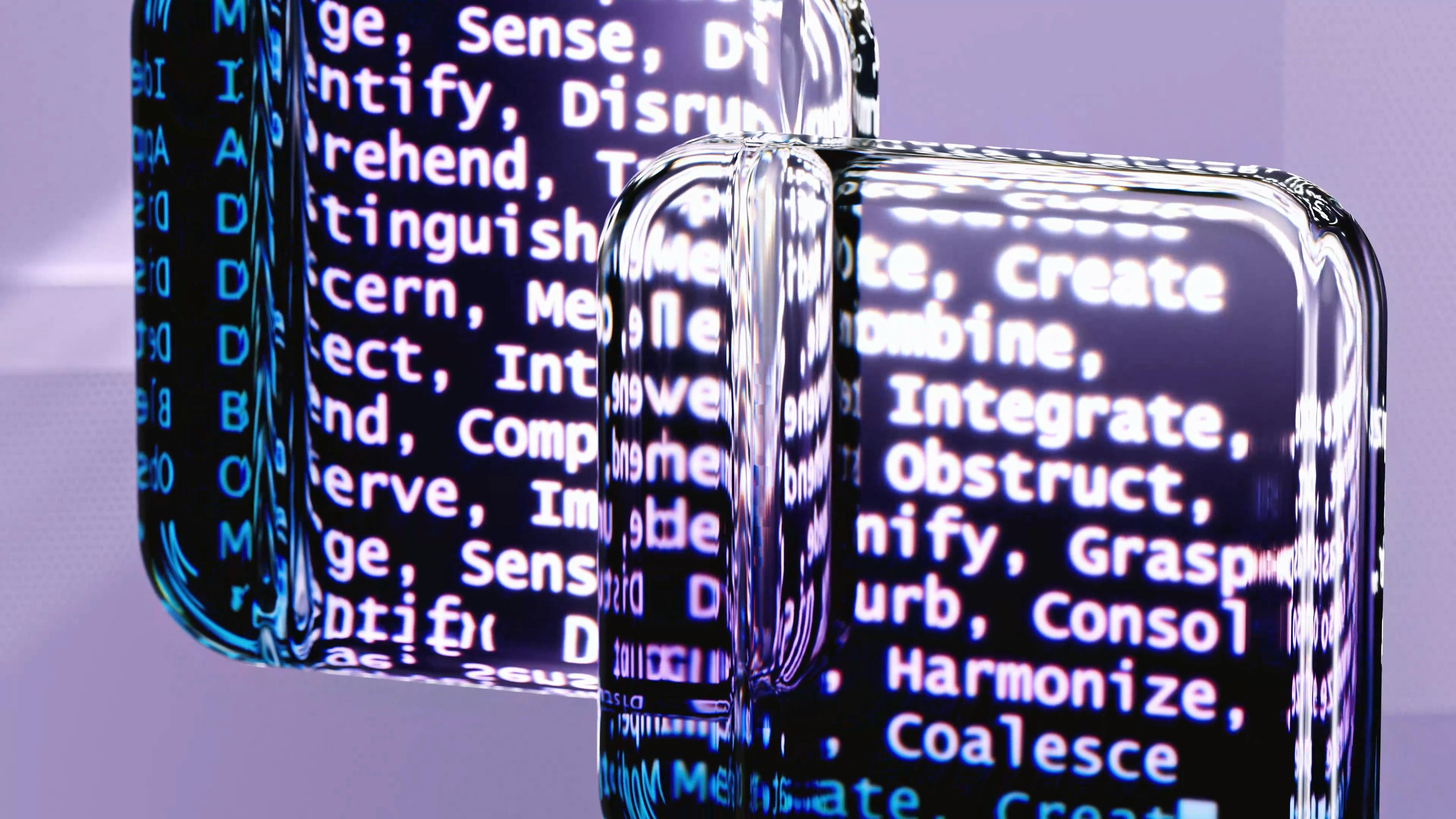
.jpg)

.jpg)
Every transaction on LayerAI is verified, finalized, and secured by validator nodes - the backbone of the network’s scalability and trust.
As LayerAI expands its validator network, community participation has become more essential than ever. Validators are not just infrastructure providers - they are the foundation of LayerAI’s reliability, ensuring that every data transaction, AI agent interaction, and smart contract execution remains secure and verifiable.
In this post, we outline what validators are, why they matter, and how $LAI holders can take part in this next phase of network growth.
Validators are specialized nodes that verify and finalize transactions on LayerAI.
They ensure that all network activities - from data transfers to AI agent interactions - are executed correctly, without duplication or manipulation.
By reaching consensus, validators collectively maintain the integrity of the LayerAI Layer-2 blockchain, which is designed to handle high-speed AI-driven data flows while anchoring its security to Ethereum.
This architecture enables scalability while preserving the reliability of the base layer.
Validator nodes are essential to maintaining the LayerAI Layer-2 infrastructure.
They validate batches of microtransactions, execute smart contracts, and secure the data assets that power decentralized AI applications.
The $LAI token serves as the core utility and governance asset of the LayerAI ecosystem. It fuels transactions, supports staking, and underpins validator operations.
When LAI is staked, it strengthens the network’s decentralization and stability, helping validators perform their duties efficiently and ensuring that every transaction is processed securely.
LayerAI’s staking and delegation framework allows every $LAI holder to take part in securing the network.
There are two primary participation routes:
Staking and delegation are integral to LayerAI’s architecture.
These mechanisms ensure that network security and decentralization scale in parallel as more participants join and contribute to validation.
Participants who stake LAI also unlock additional value through Data Capsule NFTs, which represent tokenized on-chain data assets within the LayerAI ecosystem.
LayerAI’s validator network is expanding to include a broader range of infrastructure providers and independent participants.
This strengthens decentralization by distributing validation power across multiple entities rather than concentrating it in a few operators.
The expansion also enhances throughput and fault tolerance, ensuring that the network can support the growing volume of AI-driven data transactions processed daily.
By allowing $LAI holders to delegate to recognized validators, the network makes participation more accessible and transparent while scaling securely.
Validators are the foundation of LayerAI’s trust architecture.
They maintain the rules of consensus, safeguard the network’s state, and uphold the security of all on-chain AI and data operations.
As LayerAI continues to scale its decentralized AI ecosystem - powering AI Agents, Data Capsules, and privacy-preserving computation - validators ensure the infrastructure remains secure and verifiable.
Expanding the validator base strengthens the LayerAI mission by:
Validators are more than technical components - they are the trust engine that powers LayerAI’s decentralized future.
With the validator network expanding, $LAI holders have a direct role in supporting the network’s growth through staking and delegation.
As LayerAI continues to bridge AI, data, and blockchain at scale, this validator expansion ensures that the foundation remains decentralized, transparent, and secure.
Participate in securing the network today - stake or delegate your $LAI, and help power the decentralized AI economy.

.jpg)

.jpg)